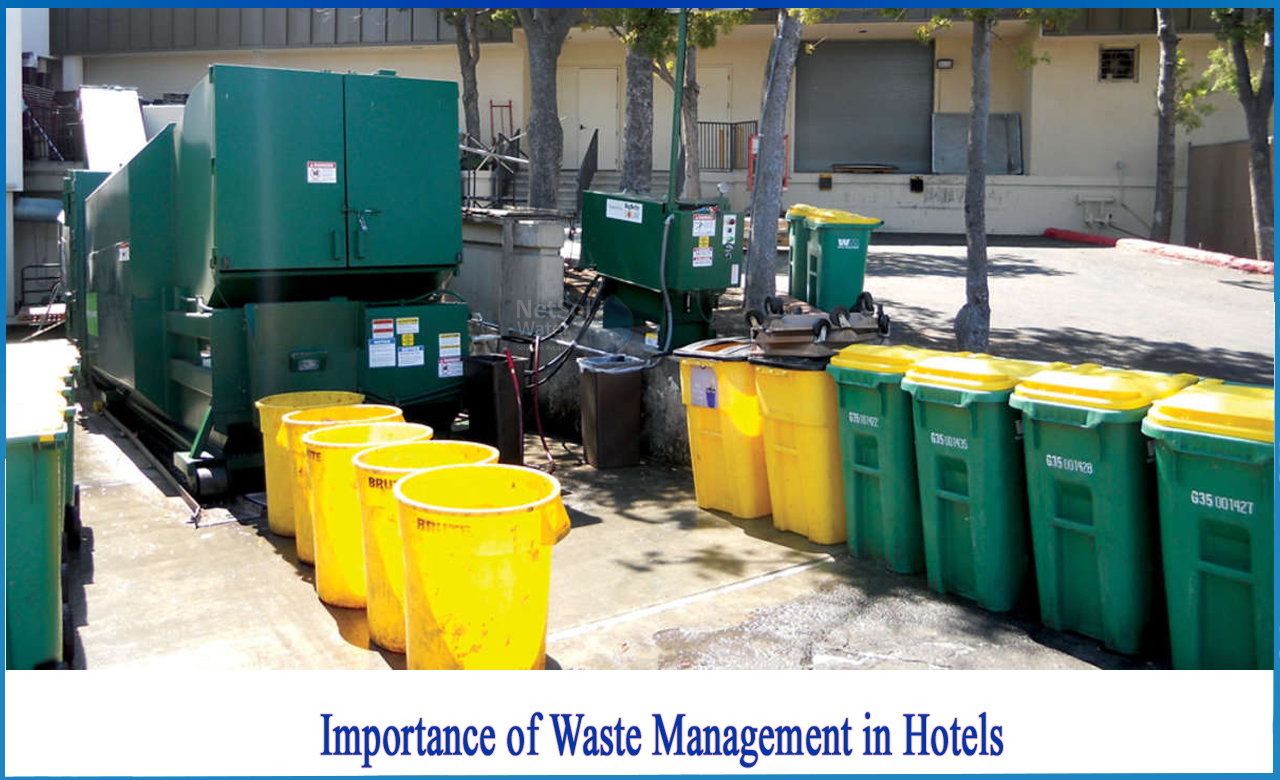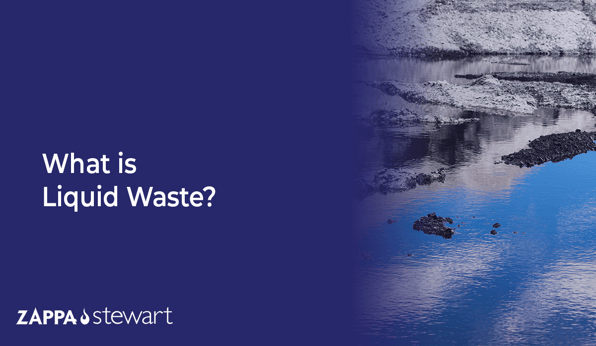4 Simple Techniques For Reclaim Waste
4 Simple Techniques For Reclaim Waste
Blog Article
Not known Facts About Reclaim Waste
Table of ContentsReclaim Waste - An OverviewThe 2-Minute Rule for Reclaim WasteExamine This Report on Reclaim WasteUnknown Facts About Reclaim WasteReclaim Waste - Truths
Discover the kinds, incidents, and forms of fluid waste. Domestic sewer waste refers to the waste and products from a domestic septic system. This sort of waste is created by human beings in homes, schools, and other buildings. This only consists of septic tanks that have a drainpipe field. The correct management and disposal of residential sewage waste call for fluid waste to be transferred to a sewer treatment plant where the correct techniques and devices are related to purify and throw away waste.
Commercial waste typically includes potential risks, such as flammable products or a mix of fluid and solid waste products, and requires a more advanced and detailed disposal process. The disposal of industrial waste usually entails the filtering of waste before transport to make certain risk-free and correct disposal. Industrial waste is created from byproducts and overflow of commercial processes and production.
This type of waste can not make use of the very same sewer management transportation or procedures as septic or commercial fluids. The hazardous waste administration process needs the evaluation and testing of liquid waste before it goes through the disposal procedure (liquid waste removal melbourne). Overflow waste is the liquid waste that comes from runoff and excess stormwater in highly populated areas or cities
Runoff waste can create contamination and flooding if not taken care of properly. Guaranteeing proper waste monitoring can prevent calamities and decrease environmental damage.
A Biased View of Reclaim Waste
Contact PROS Providers today to find out regarding our waste monitoring and disposal services and the appropriate ways to look after the fluid waste you create.
(https://www.storeboard.com/reclaimwaste2)Do you know what happens to your water when you end, purge the toilet or drain the washing maker? No? Well, it's worth understanding. This supposed 'wastewater' is not only an essential resource yet, after treatment, will certainly be launched to our land, waterways or the sea. Used water from bathrooms, showers, baths, kitchen area sinks, laundries and commercial procedures is referred to as wastewater.

water made use of to cool machinery or tidy plant and equipment). Stormwater, a kind of wastewater, is overflow that flows from farming and city locations such as roof coverings, parks, gardens, roadways, courses and gutters right into stormwater drains pipes, after rain. Stormwater flows unattended directly to regional creeks or rivers, ultimately getting to the ocean.
What Does Reclaim Waste Mean?
In Queensland, a lot of wastewater is treated at sewage therapy plants. Wastewater is carried from domestic or industrial websites through a system of drains and pump terminals, referred to as sewage reticulation, to a sewage therapy plant. Neighborhood governments develop, preserve and run most sewer treatment plants. Operators are accredited under the Environmental Management Act 1994 to discharge treated wastewater at an acceptable ecological standard right into rivers.
The Division of Natural Resources advises local federal governments regarding handling, operating and preserving sewage systems and treatment plants. In unsewered areas, local federal governments may need householders to mount individual or family sewer therapy systems to deal with domestic wastewater from bathrooms, kitchens, shower rooms and washings. The Division of Natural Resources authorises making use of house systems when they are confirmed to be reliable.
A lot of stormwater obtains no treatment. In some new subdivisions, therapy of some stormwater to eliminate litter, sand and gravel has actually begun using gross contaminant catches. Wastewater therapy takes place in 4 phases: Removes solid issue. Bigger solids, such as plastics and other objects wrongly discharged to sewage systems, are removed when wastewater is travelled through screens.
Wastewater after that moves right into huge tanks where solids resolve and are removed as sludge. Grease and scum are skimmed from the surface area. Uses small living microorganisms referred to as micro-organisms to break down and remove continuing to be liquified wastes and great particles. Micro-organisms and wastes are integrated in the sludge. Removes nitrogen and phosphorus nutrients that could create algal flowers in our rivers and threaten aquatic life.
Indicators on Reclaim Waste You Should Know
Nutrient removal is not available at all sewer therapy plants since it needs expensive specialised tools. Clear fluid effluent created after treatment might still have disease-causing micro-organisms - liquid waste removal melbourne.

This normally indicates wastewater has to be treated or contaminants removed prior to it can be discharged to waterways. Most wastewater flows right into the sewerage system. Under the Act, local governments carry out approvals and licences for environmentally pertinent activities (ERAs) entailing wastewater launches that could have a neighborhood effect. The division carries out authorizations and licences to Periods involving wastewater launches that might have a local or statewide effect.
The 10-Minute Rule for Reclaim Waste
Surveillance offers accurate information about water high quality and can verify that licence conditions are being satisfied. The information obtained through monitoring gives the basis for making water quality choices.
Report this page